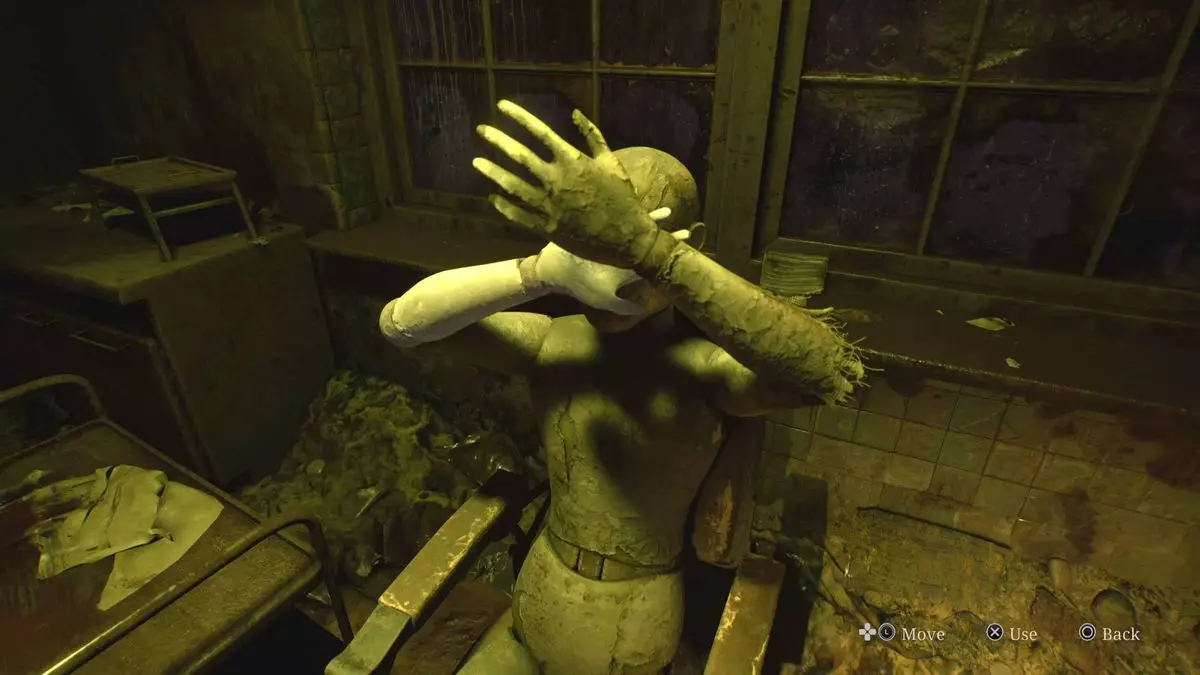The release of a remake often invites a spectrum of emotions from fans of the original title. This is especially true for a franchise as iconic as Silent Hill, where nostalgia intertwines with the expectations for modern adaptations. The recent unveiling of Bloober Team’s Silent Hill 2 remake was met with a mixture of excitement and skepticism. Masahiro Ito, a veteran of the franchise and the original creator of the beloved Pyramid Head character, has found himself at the center of a controversy surrounding the game’s reception. With the official release date of October 8, 2024, approaching, many fans have expressed their discontent with aspects of the remake through social media.
In a series of pointed tweets, Ito addressed the vocal minority of fans who have expressed their disappointment, accusing them of acting childishly. One of his more controversial tweets, which has since been deleted, suggested that some complaints originate from a lack of maturity among fans. These comments, although taken in a spirit of sincerity, highlight the broader issue of how developers and fans interact in the digital age. While many fans have embraced the remake, a subset is fixated on the aesthetics of a character they deem “ugly,” raising questions about the standards of representation in video game remakes.
Ito’s frustration speaks to the greater challenge artists confront when they reimagine existing works. The pressure to stay true to the original while also appealing to contemporary audiences can be daunting. Ito advised fans to engage with the game themselves instead of relying solely on social media dialogues, which often propagate negativity. His assertion—“If you’re an adult, you should stop saying disrespectful things”—calls for a maturity that appears to be lacking among a segment of the gaming community.
The initial reviews of the Silent Hill 2 remake seem to underscore an overall positive reception, with a respectable Metacritic score of 87. However, publications have varied in their assessments, with some critiques landing below the favorable tone that others contributed. For instance, while our review awarded the title a solid 3.5 out of 5, it emphasized the necessity for discussion around the franchise’s legacy and the challenges new titles face.
The dichotomy of reactions highlights an inherent paradox within fandoms; while many may be thrilled by the modern updates and faithful retelling of the original narrative, others feel protective of what they have cherished for years. The inevitability of criticism around visual design choices, especially concerning beloved characters, is a common thread in the lineage of remakes. Yet, the intensity of these critiques can sometimes overshadow the broader narrative advancements and technical progress reflected in the remake.
The contrast between the praise and the vehement critiques reveals a significant issue within online communities—how criticisms can escalate into personal attacks against developers. Ito’s decision to block accounts that blamed him for their grievances signifies a boundary between creator and consumer that has blurred in the digital era. Fans may feel an ownership over characters and stories, resulting in backlash aimed at creators who deviate from their expectations.
It raises an important question: how can developers cultivate a healthy relationship with their audience while navigating the overwhelming wave of opinions online? The balance between listening to feedback and maintaining artistic integrity is delicate, yet vital for creators aiming to engage authentically with their fan base.
As the release date approaches, it is essential for both developers and fans to engage in constructive dialogue rather than resorting to polarizing sentiments. The experience surrounding the Silent Hill 2 remake serves as a reminder of the heavy responsibilities placed upon creators, especially those who are revisiting cherished classics.
Ultimately, it boils down to an understanding: both parties hold a stake in the legacy of a franchise. Constructive criticism is necessary for growth, but it is equally vital to foster an environment where appreciation for artistic endeavors can thrive. As the gaming community awaits the arrival of Silent Hill 2, let this moment serve as a catalyst for more respectful discourse, celebrating the evolution of beloved narratives while acknowledging their past.


Leave a Reply